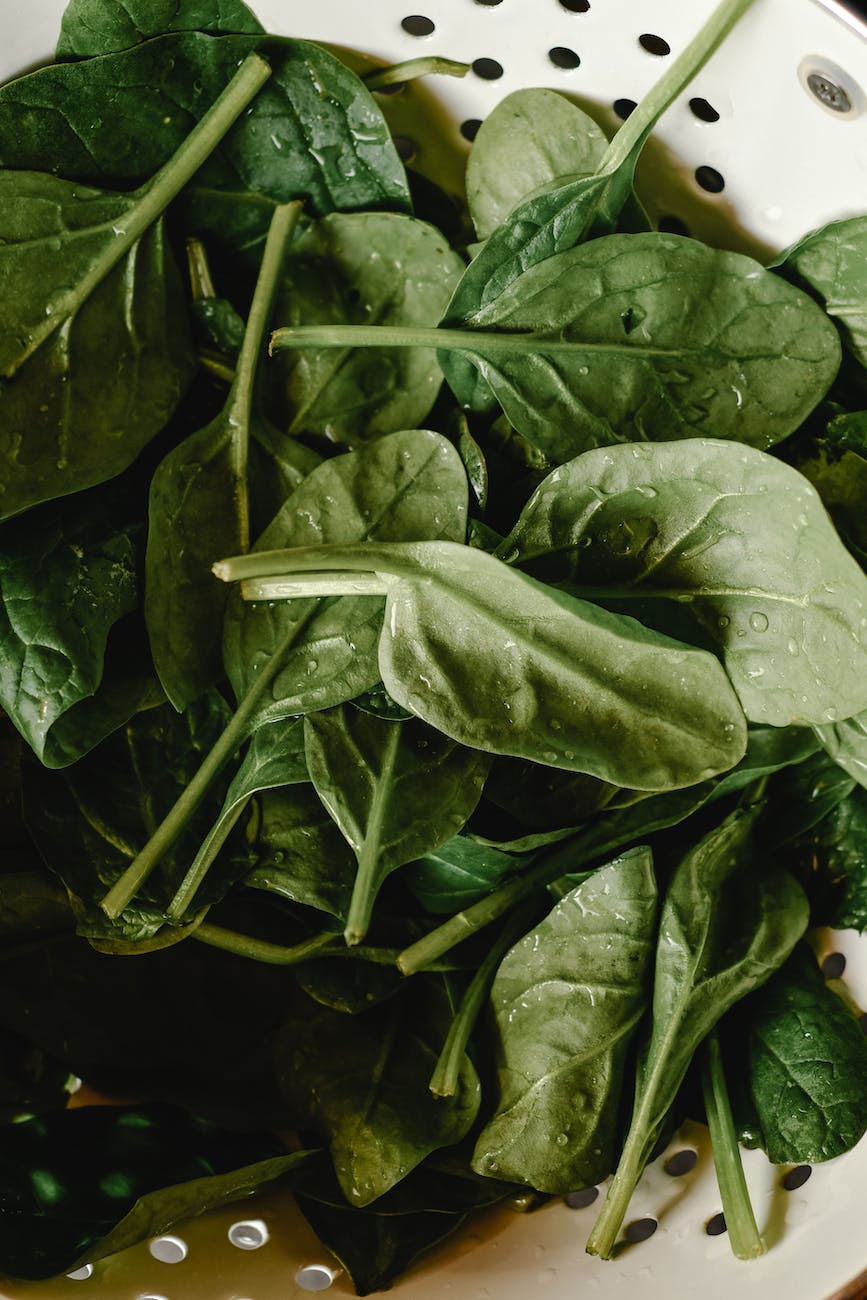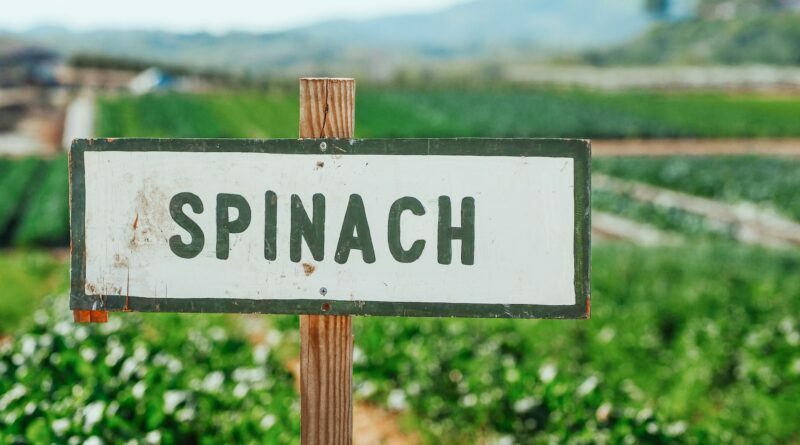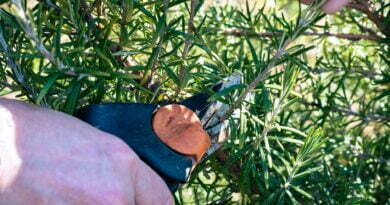Growing Spinach on an Allotment: Tips for a Bountiful Crop
Spinach is a nutritious and versatile vegetable that can be grown easily on an allotment plot. With a little bit of planning and effort, you can enjoy a bountiful harvest of this leafy green throughout the growing season. In this article, we will cover the essential steps for growing spinach on an allotment plot.
Spinach Growing Guide
- Choose the right variety
There are many varieties of spinach available, and it’s important to choose one that is well-suited to your growing conditions. Some varieties are better suited to cooler climates, while others are more heat-tolerant. Look for varieties that are disease-resistant and have a good yield.
- Prepare the soil
Spinach grows best in fertile, well-drained soil with a pH between 6.0 and 7.5. Before planting, add plenty of organic matter such as compost or well-rotted manure to the soil to improve its fertility and texture. Remove any weeds, rocks, or debris from the plot and break up any clumps of soil to ensure a smooth, even surface.
- Plant the seeds
Spinach can be grown from seeds or transplants. If you’re starting from seed, sow them directly into the soil in early spring, as soon as the soil is workable. Sow the seeds ½ inch deep and 2 inches apart in rows that are 12-18 inches apart. Cover the seeds with soil and water them in gently.
- Care for the plants
Spinach needs consistent moisture to grow well, so make sure to water the plants regularly, especially during dry spells. Mulching around the plants can help retain moisture and prevent weeds. Spinach is a heavy feeder, so fertilize the plants every few weeks with a balanced fertilizer to ensure they have the nutrients they need to thrive.
- Harvest the spinach
Spinach is ready to harvest when the leaves are large enough to use. Cut the outer leaves with a sharp knife or scissors, leaving the center of the plant intact to allow for continued growth. Be sure to harvest the leaves before they become too mature, as older leaves can be tough and bitter.
- Prevent pests and diseases
Spinach is susceptible to several pests and diseases, including leaf miners, aphids, and downy mildew. To prevent these problems, keep the plot clean and weed-free, and avoid overwatering the plants. If you do notice any signs of pests or disease, treat the plants promptly with an organic insecticide or fungicide.

Health Benefits of Spinach:
Spinach is a nutrient-rich leafy green vegetable that is packed with vitamins and minerals. It’s low in calories and high in fiber, making it an excellent food to incorporate into a healthy diet. Here are some health benefits of spinach and meal ideas:
- High in Nutrients: Spinach is an excellent source of vitamins A, C, and K, as well as folate, iron, and calcium.
- Anti-inflammatory: Spinach contains antioxidants that help fight inflammation in the body.
- Promotes healthy digestion: The high fiber content in spinach can help promote healthy digestion and prevent constipation.
- May reduce the risk of chronic diseases: Some studies suggest that eating spinach may reduce the risk of chronic diseases such as heart disease, cancer, and diabetes.
Meal Ideas:
- Spinach Salad: Combine fresh spinach with sliced strawberries, almonds, and goat cheese for a delicious and healthy salad.
- Spinach Omelet: Mix chopped spinach into your morning omelet for a nutritious and filling breakfast.
- Spinach and Feta Stuffed Chicken Breast: Stuff chicken breasts with a mixture of spinach, feta cheese, and garlic for a healthy and delicious dinner.
- Spinach and Mushroom Quiche: Make a quiche using spinach, mushrooms, eggs, and cheese for a healthy and satisfying meal.
- Spinach Smoothie: Blend fresh spinach, frozen berries, yogurt, and a banana for a nutrient-packed breakfast or snack.
Spinach is a versatile and healthy food that can be easily incorporated into a variety of meals.
Growing spinach on an allotment can be a great way to enjoy fresh, healthy produce while also getting outside and connecting with nature. With proper care and attention, it’s possible to grow a bountiful crop of spinach that can be used in a variety of delicious recipes.




